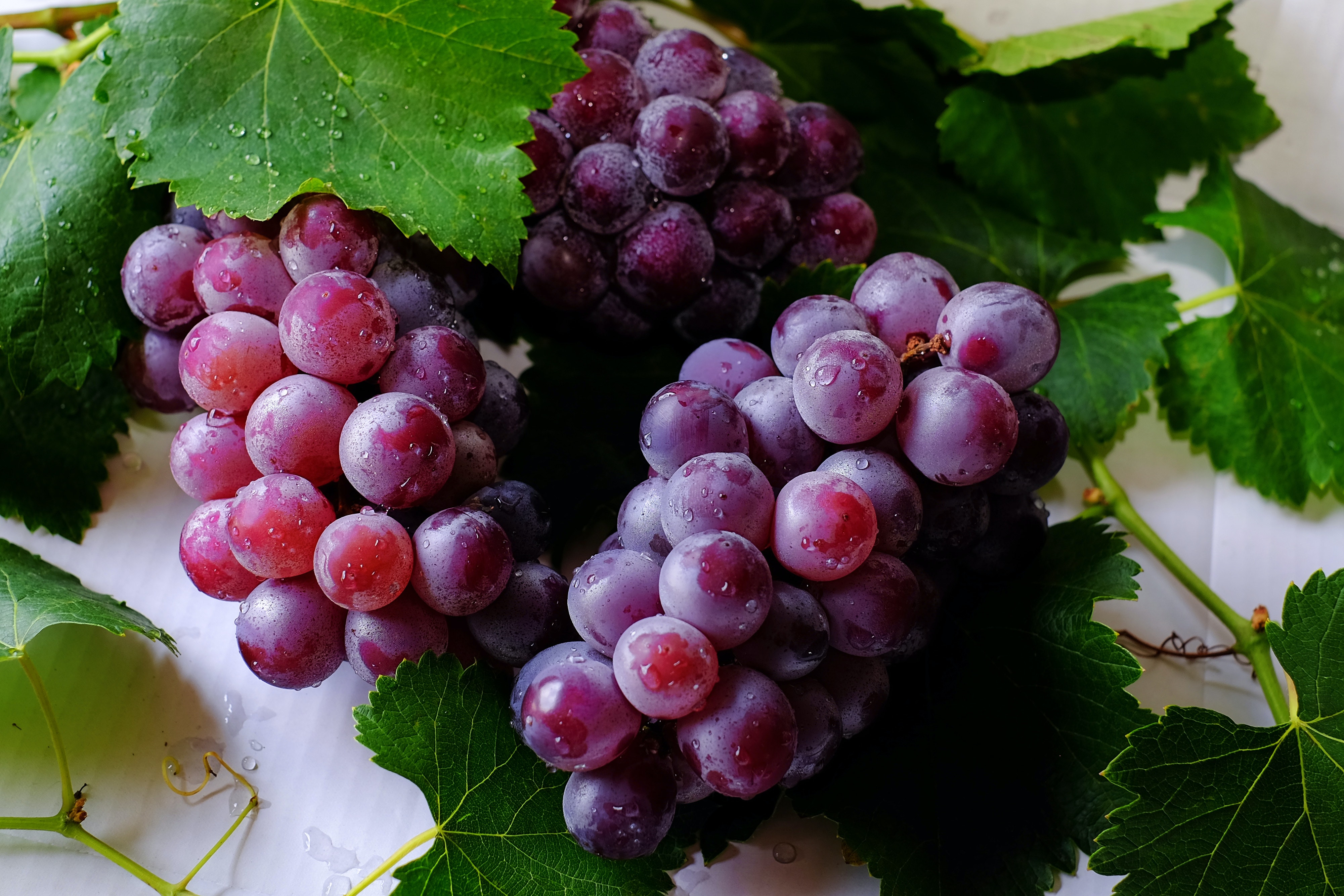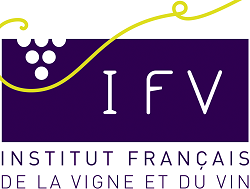ODEVI

Winner of the Call for As part of the CASDAR Knowledge 2022 project, the ODeVi project (Oenotyping to develop vine varieties of the future adapted to climate change) is supported by the CASDAR Knowledge 2022 project. by the IFV and brings together several partners from the sectors and academic research. The project received support from RMT ClimA.
The vine is cultivated to make wine. Consequently, its ability to Winemaking is an essential criterion in the varietal selection stages to choose future vine varieties resistant to disease or adapted to climate change. It makes it possible to assess the quality of the product. and the oelological characteristics of the wines of tomorrow. However, winemaking comes late in the variety selection process.
The variety selection process is done in 3 stages ;stages: a 1st stage (stage 1) carried out essentially on genetic criteria, followed by an agronomic selection robust (stage 2), then a 3rd stage during which we obtain enough grapes to be able to vinify in small vats (1 hL) and characterize the resulting wines. of these varieties. This process lasts from 15 to 15 minutes. 20 years, which represents a time that is not compatible with the urgency linked to current environmental issues.
In order to shorten these stages, we would need to benefit fromrobust tools making it possible to evaluate more quickly and earlier the oelig;nological criteria which currently arrive late in the selection.
As part of a dynamic of multidisciplinary research bringing together strong skills in viticulture and oelignology, the general objective of the OdeVi project is toaccelerate the process of varietal selection in integrating relevant oelological criteria as early as possible.
The objectives of the projectare:
- identify relevant oelological criteria which can be evaluated from the early stages of selection
- to reduce the time taken to obtain the first oelological data by 6 years by integrating a capacity adaptation to climate change.
- accelerate the selection process from the early stages thanks to the selection process innovative small volume robotic winemaking
- to better target candidate genotypes for VATE trials according to the types of products sought by the acquisition of oelological data from the early stages
- to demonstrate the feasibility of use of these different approaches in the current selection programs in 2 wine-growing areas (Rhéne Valley, PicPoul Appellation) and therefore to reduce the selection period thanks to The oelig;nological criteria evaluated from the 1st stages of selection to pass the genotypes directly to stage 3 (VATE).
This project is part of the major environmental challenges of the wine industry (i) the reduction in the use of pesticides and (ii) adaptation of the sector to climate change thanks to the lever of varietal innovation.
Project leader: French Institute of Vine and Wine (IFV)
Marie-Agnès Ducasse (IFV-UMT Oenotypage) –
Project funded by CASDAR(2022-2026)
Ligações relacionais
- Rede
- Lista
- Geolocalização
- Mais
A "solução varietal": criação ou importação de variedades de uvas e porta-enxertos
Algumas reflexões sobre as opções de castas, clones e porta-enxertos como soluções de adaptação no momento de plantação da vinha
- Mais
IFV - Institut Français de la Vigne et du Vin
L'Institut Français de la Vigne et du Vin, centre technique, régi par le code de la recherche, a pour mission d’intérêt général de conduire des études de portée générale pour l’ensemble de la filière viti-vinicole.
- Mais
Institut Rhodanien
Institut de Recherche et d’Expérimentation Viticole et OEnologique des Vins d’A.O.C de la Vallée du Rhône
- Mais
UMR SPO - Sciences Pour l'Oenologie
Les recherches menées au sein de l'UMR SPO visent à mieux comprendre les mécanismes impliqués lors de l'élaboration du vin.



